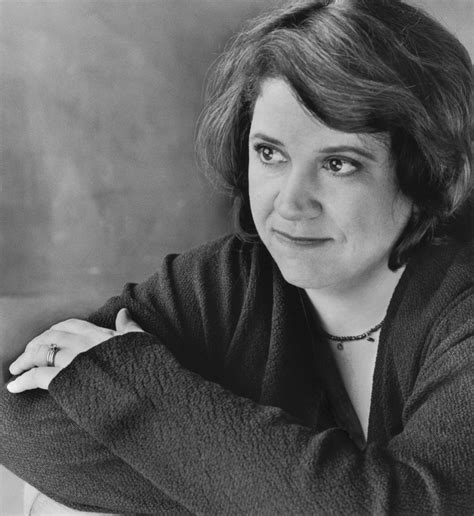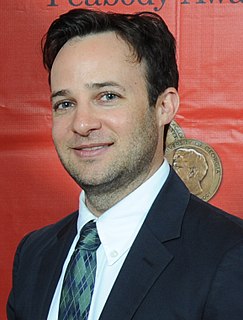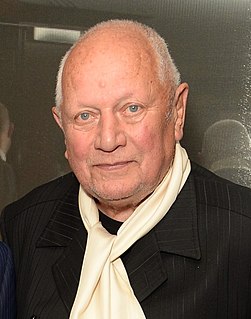A Quote by Federico Fellini
As a writer and director, I want to know what is behind the good manners and soft voice. Who is inside the silhouette?
Related Quotes
With a director it's all about the work; I'd work with a great director over - you know, I'm not the kind of actor who that doesn't go, 'I want to play this role.' It's more like, 'I want to work with this director,' regardless of what the role is because if it's a good director, you'll probably find a good role because it's a decent film. But a mediocre director will always make a mediocre movie.
You wake up and you feel - what? Heaviness, an ache inside, a weight, yes. A soft crumpling of the flesh. A feeling like all the surfaces inside you have been rubbed raw. A voice in your head - no, not voices, not like hearing voices, nothing that crazy, just your own inner voice, the one that says 'Turn left at the corner' or 'Don't forget to stop at the post office,' only now it's saying, 'I hate myself.' It's saying, 'I want to die.'
But what I would like to say is that the spiritual life is a life in which you gradually learn to listen to a voice that says something else, that says, "You are the beloved and on you my favour rests."... I want you to hear that voice. It is not a very loud voice because it is an intimate voice. It comes from a very deep place. It is soft and gentle. I want you to gradually hear that voice. We both have to hear that voice and to claim for ourselves that that voice speaks the truth, our truth. It tells us who we are.
You can give the greatest performance possible, but if you don't have a director who's pointing the camera in the right direction and an editor who's editing it properly, it doesn't matter what you do. The director and the editor are the most important people. Not the actors. Sometimes the writer is important. But if you don't have a good director, you can't have a good production.
There are two qualities that make fiction. One is the sense of mystery and the other is the sense of manners. You get the manners from the texture of existence that surrounds you. The great advantage of being a Southern writer is that we don't have to go anywhere to look for manners; bad or good, we've got them in abundance. We in the South live in a society that is rich in contradiction, rich in irony, rich in contrast, and particularly rich in its speech
Karen wasn't hard, she was soft, too soft. A soft touch. Her hair was soft, her smile was soft, her voice was soft. She was so soft there was no resistance. Hard things sank into her, they went right through her, and if she made a real effort, out the other side. Then she didn't have to see them or hear them, or even touch them.




































